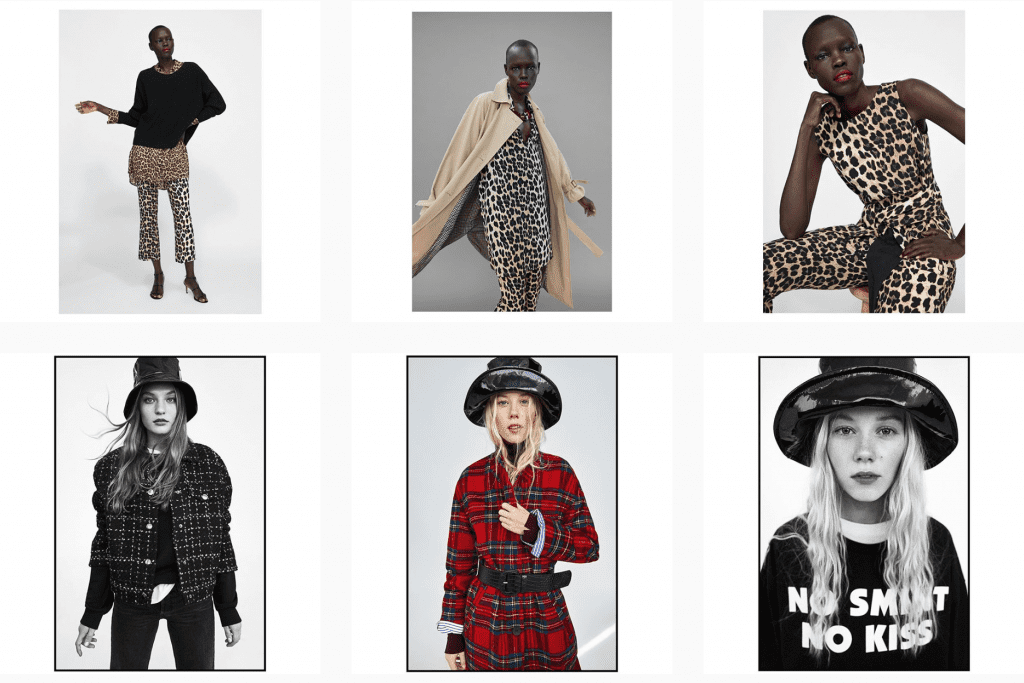The best-performing chief executive officer in the world? According to Harvard Business Review (“HBR”)’s annual list, it is – yet again – Inditex’s Pablo Isla, who has overseen the Spanish retail giant’s portfolio of brands, including Zara, Pull&Bear, Massimo Dutti, Bershka, Stradivarius, Oysho, and Uterqüe, since he took the CEO spot in 2005. He beats out Amazon’s Jeff Bezos, LVMH’s Bernard Arnault, Nike’s Mark Parker, and hundreds of others for the title.
The publication’s ranking system – which focuses on gains that companies make over the long-term – “relies on objective performance measures over a chief executive’s entire tenure.” As such, HBR’s key financial metrics include: The company’s total shareholder return (adjusted for country and industry performance) and its market capitalization.
In addition to considering financial success, since 2015, HBR’s ranking has included Environmental, social and corporate governance (“ESG”) considerations. ESG, which is a set of standards for a company’s operations that socially conscious investors use to screen investments, criteria tends to include how a company performs as a steward of the natural environment; how it manages relationships with its employees, suppliers, customers and the communities where it operates; and how it approaches leadership, executive pay, audits and internal controls, and shareholder rights.
The ESG scores are derived from the rankings of two separate companies – CSRHub and Sustainalytics.
With all of this in mind, Inditex’s Pablo Isla comes out on top of the list of 100 CEOs and chairmen. According to HBR, Isla has spearheaded the company’s “global expansion during which [it] has opened, on average, one store a day. That growth has increased its market value sevenfold and made it Spain’s most valuable company.”
In second place: Jensen Huang, the CEO of NVIDIA, the Santa Clara, California-based technology company that designs graphics processing units (“GPUs”) for the gaming and professional markets.
As for some of the fashion, apparel, and/or cosmetic brand CEOs on the list …
3. Bernard Arnault, chairman of LVMH, the Paris-based luxury goods conglomerate that owns Louis Vuitton, Christian Dior, Celine, Givenchy, and Rimowa, among 70-plus other brands, jumped from the number 7 spot on last year’s list to number 3 this year – thanks to improvements in his Financial ranking (up to 7 this year, from 9 last year), Sustainalytics (226 this year versus 240 last year), and CSRHub (186 this year versus 192 for 2017).
4. François-Henri Pinault, chairman of Gucci, Saint Laurent, and Balenciaga’s parent company, Kering, moved up quite sizably compared to last year’s ranking. This year he ranks in the number 4 spot, whereas last year he was in the number 23 spot. Likely thanks to a significant revenue growth for the conglomerate, led largely by Gucci, Pinault’s Financial ranking jumped from 112 last year to 35 this year). After all, 2017 was Kering’s most profitable year ever.
Interestingly, his other rankings did not show improvement. In terms of Sustainalytics (it went from ranking at 42 last year to 65 this year), and for CSRHub (it is down from 111 to 133).
14. Mark Parker, Nike. He was is the number 8 spot last year. His comparative rankings are: Financial (32 for 2018 versus 36 for 2017) and CSRHub (237, the ranking for 2018 and 2017).
In terms of the Sustainalytics ranking, it dropped from 272 for 2017 to 405 for 2018. The 133 place drop was likely impacted by the fact that Nike came under fire this spring when a group of female employees approached CEO Mark Parker with a survey they had conducted among fellow Nike employees centering on gender discrimination, which swiftly made headlines and resulted in Parker restructuring his leadership team. Nike has since been slapped with a growing gender discrimination and hostile workplace lawsuit.
19. Fabrizio Freda, Estée Lauder. He is up from the number 25 position last year. While his financial ranking improved (from 76 last year to 34 for 2018), his other rankings dropped. Sustainalytics ranked him at 422 this year (compared to 284 for 2017), and CSRHub (gave him a 267 for 2018 versus 159 for 2017).
35. Tadashi Yanai, Fast Retailing. The Chairman for the Uniqlo parent company is up from the number 42 spot from last year. His rankings: Financial (11 for 2018 versus 14 for 2017), Sustainalytics (447 for 2018 versus 440 for 2017), and CSRHub (720 for 2018 versus 731 for 2017).
68. Jeff Bezos, Amazon. While the Amazon founder takes the number 1 spot in terms of financial ranking which he has held since 2014, his overall ranking, 68 out of 100, is affected by some of the lowest rankings from Sustainalytics (829) and CSRHub (824), which should not be overlooked.
As HBR noted last year, “Although all investors of course pay close attention to financial performance, there’s evidence that many are beginning to watch ESG measures carefully, too.” In fact, the publication revealed the results of a survey of 413 investment executives, whose firms collectively manage $31 trillion in assets. Half reported using ESG information because they believe it is material to investment performance, and nearly half said they believe that a company with a high ESG score is a less risky investment.”
“Overall, the evidence in our sample suggests that the use of ESG information is driven primarily by financial rather than ethical motives,” the researchers write.











